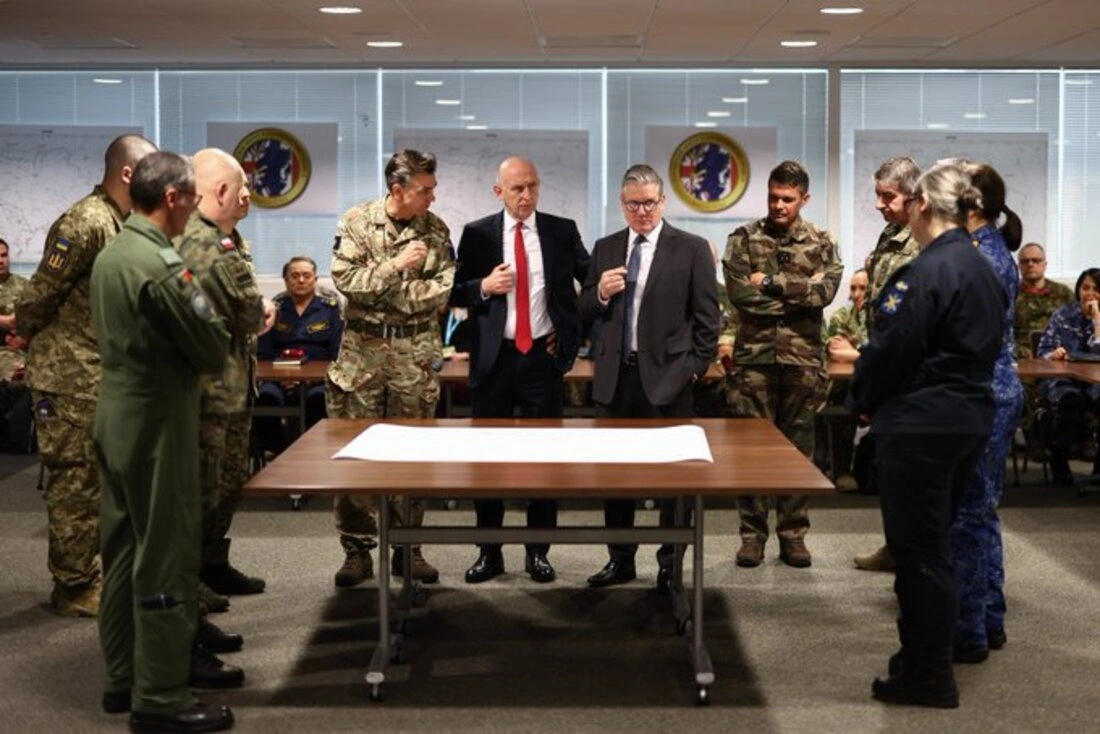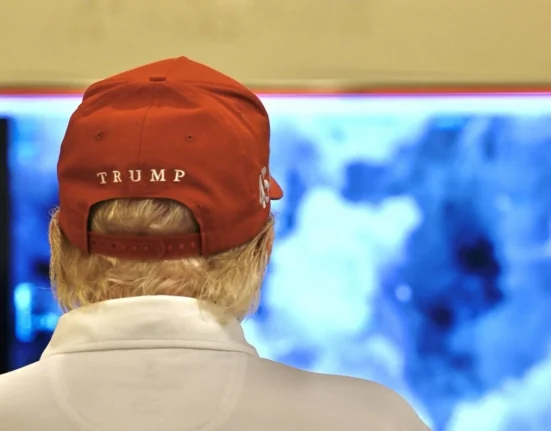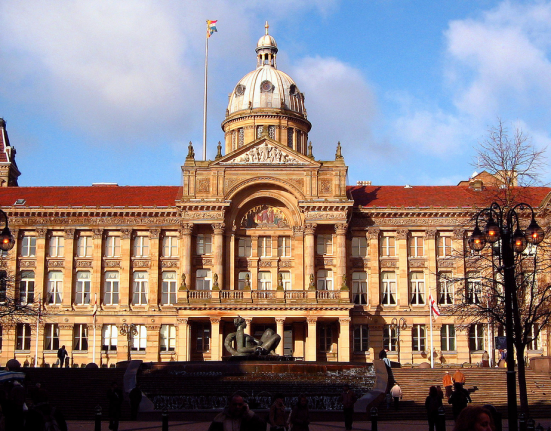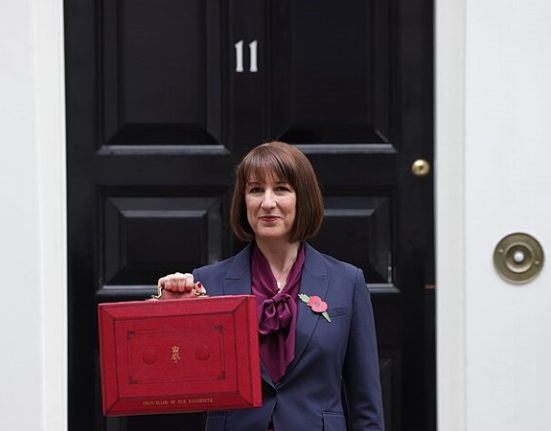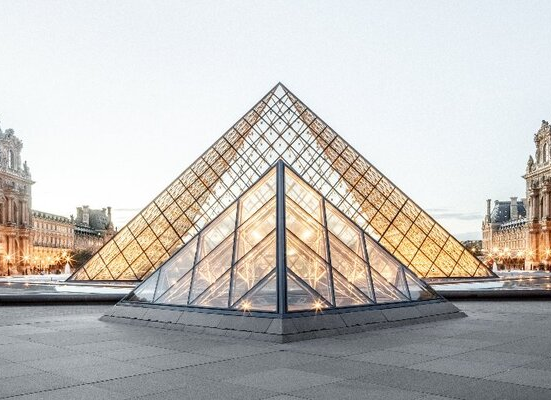Power abhors a vacuum, and Europe’s is growing louder by the day. As the US turns inward and Russia pushes outward, the question isn’t whether the continent needs a leader – it’s who will wear the crown. According to Czech Prime Minister Petr Fiala, two names remain: France and Britain. Nuclear-armed. Battle-hardened. Ambitious. But only one can truly command the role of Europe’s de facto chief.
This is more than military might – it’s about narrative, legacy, and credibility in a fractured West. France, still basking in the grandeur of Gaullist foreign policy, wants to project itself as Europe’s strategic soul. It has the defence doctrine, the seat at the UN Security Council, and a president who fancies himself Jupiter. But grandeur doesn’t always translate into grit. Macron has struggled to convert lofty ambition into decisive leadership. His flirtations with strategic autonomy often isolate more than inspire.
Britain, on the other hand, may have walked out of Brussels but it’s walking tall in Europe’s security corridors. Under Sir Keir Starmer, the UK has steadied its hand, sharpened its posture on Ukraine, and reasserted its relevance. With NATO credentials intact, underpinned by deep global alliances, and a history of stepping up when it counts, Britain has become the continent’s indispensable outsider. Not in the EU – but firmly in Europe.
Britain left Europe but may end up leading Europe
And here lies the irony: Brexit Britain may well emerge as the de facto security leader of the continent whose trade bloc it formally left. Fiala is right to see this not as a backdoor to rejoin the union, but as a chance to redefine the UK’s role – more Churchill than Chamberlain.
With Trump in the White House, and Washington’s Atlantic gaze dimming, Europe needs a grown-up in the room. France has the vision. Britain has the muscle. But leadership isn’t just about what you have – it’s about what others believe you’ll do.
There can only be one. And right now, the smart money’s on Britain.

